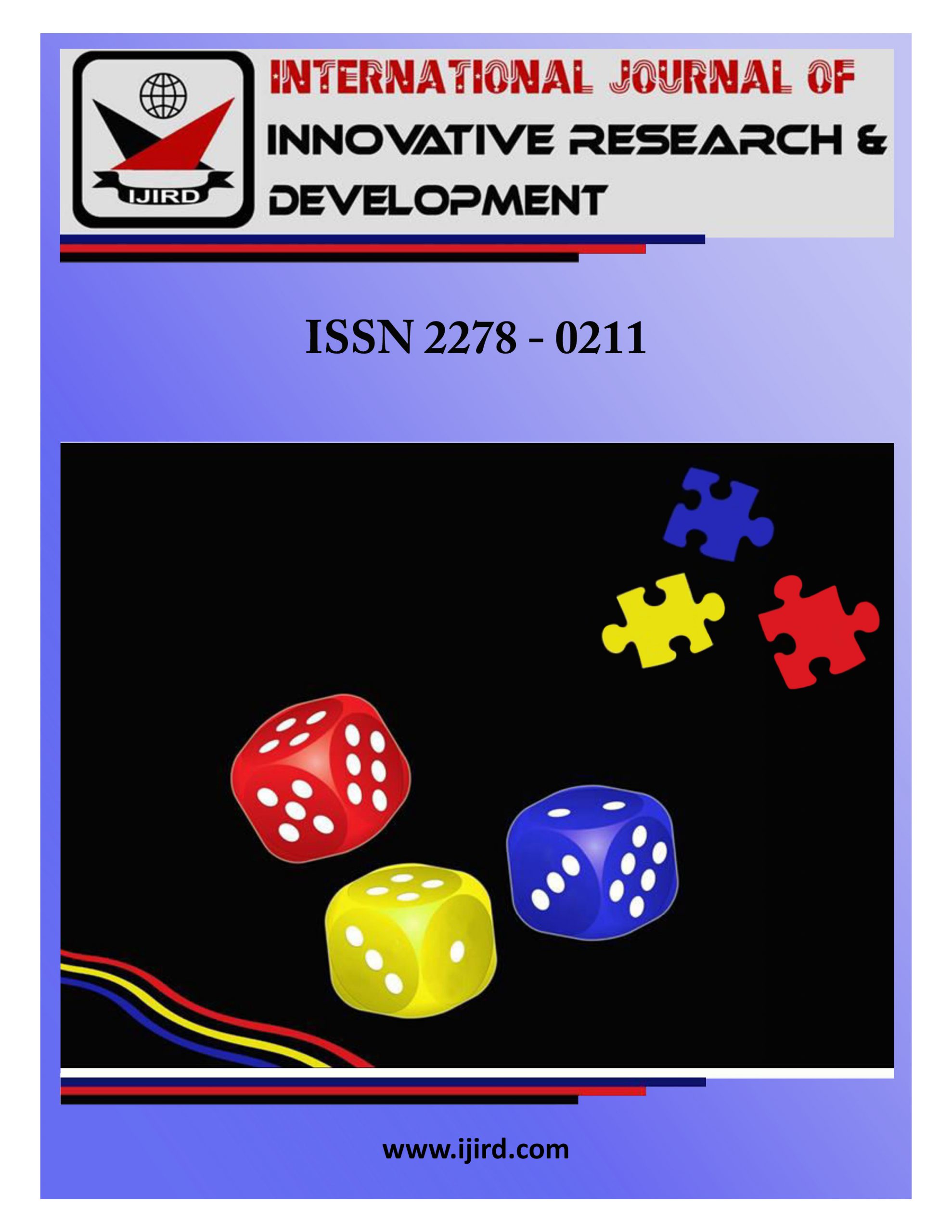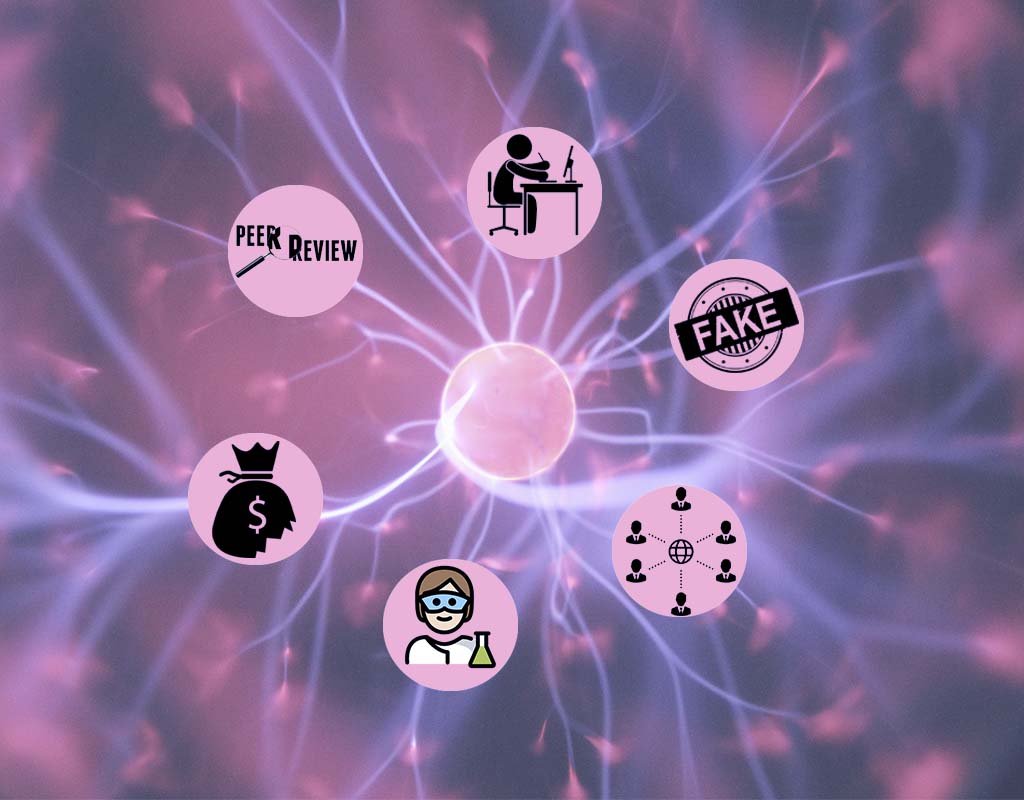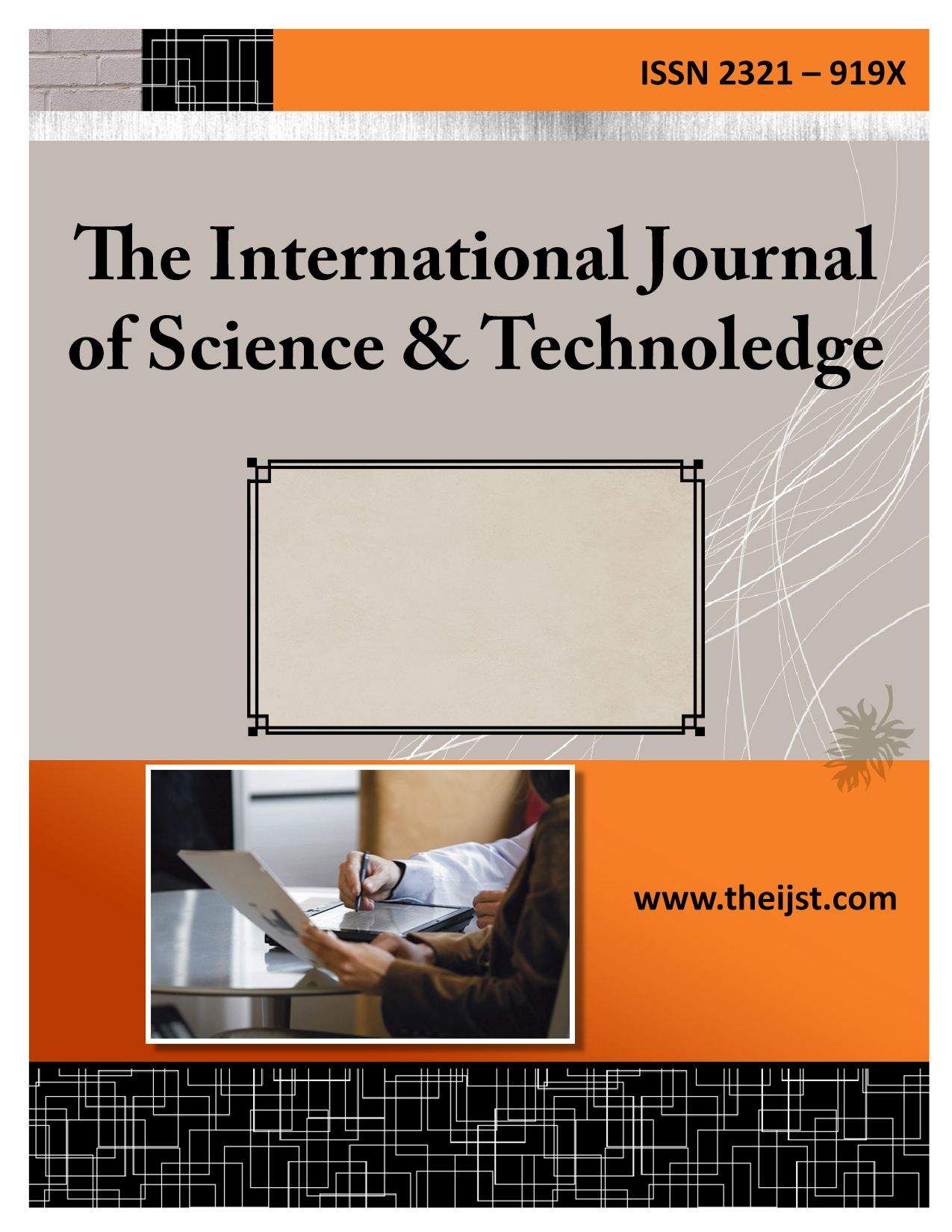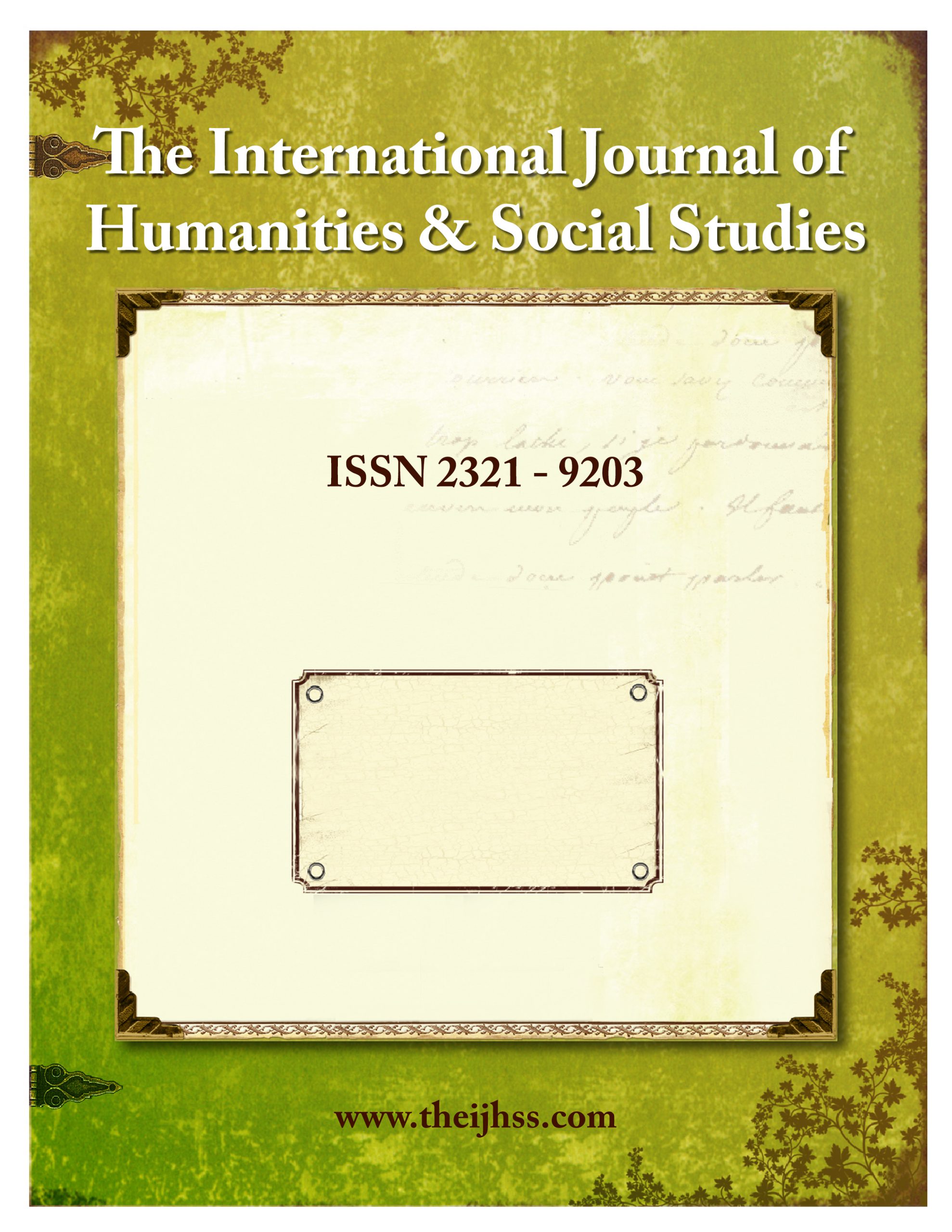In the past few years, scientists and researchers have emerged hugely with multitudinous publications but science as a whole is taking a backseat. Even though open access platforms are giving opportunities to new age researchers to collaborate with groups and fulfill their quest for knowledge, this is indeed evident from the growing number of journal call for paper. However, increasing quantity is leading to a fall in quality of work. There are several problems that academic world is facing today and we are discussing the 7 major issues withholding the path of science.
- Lack of Finance: Scientific solutions come out of serious research questions, however, most often researchers and scientists suffer from the lack of funds in most countries. In fact, the interest of organizations in academic researches in declining day by day. With quick fix mode of conduct, people are not willing to invest in long-term lab projects. However, every strong research requires maintenance of self-salaries, lab associates’ salaries and other infrastructure costs. But due to poor and inconsistent funding, researchers keep away from long-term projects. The choice is made to ensure that sponsors are happy, which does not always satisfy scientific requirement.
- Poor Peer-review– Open access platforms have improved scope for young budding researchers, academicians, scientists and independent researchers, but this also sometimes affects the quality that gets published on the internet. All journals do not review their papers via a proper peer network. As a result poorly designed publications are making their way into the scientific world. When these works are being cited, poor work is being replicated.
- Deficiency of Necessary Replication– Some experimental results need to be replicated through several scientific studies in order to be applied through time and space. However, these days, organizations and sponsors are least interested to fund for replicated work. They require new results or something to directly contradict previous results. Therefore, development on theories are not necessarily happening in current studies.
- Scientific Reading Gets Expensive Everyday– Sharing scientific knowledge is getting difficult day by day. Access to scientific materials is becoming too expensive, as a whole, the audience for scientific works is falling in count. Costly subscriptions cannot be maintained by many young readers and authors, therefore important findings fail to reach the real world; they remain locked behind paywalls.
- Too Much Fake Information Around– Accessing data, is another major problem in the scientific world. With data available on open platforms, it can be luring but hard to deduct authentic data from the ocean of information. Available information is also often manipulated, morphed or changed. Something which might hold true today, changes tomorrow; the longevity of information is too short, hence studies can hardly rely on them.
- Science is Poorly Communicated– Often scientific works bear less significance in the real world because authors and scientists cannot explain them properly to their audience. Or the work is not channelized to the readers through the right medium. If writers could promote their work with the same enthusiasm with which they produced it, more readers would be interested in reading science.
- Life of a Young Researcher is Stressful– Research as a career option is rarely chosen by anyone today, because of the time and hard work it demands. Today, a researcher has a lot of responsibilities. They have to conduct the research, and then also make it relevant, get funding, convince investors, professors, audience and managements before actually attending to journal call for paper. This can mean sacrifice of personal life in return for low incentives, which leaves least motivation for young scientists to pursue science.
To solve these problems, there has to be a shift in vision. The adverse work-incentive model has to be changed. Access to scientific works should be eased. Organizations should invest more in scientific works so that labs can develop better projects, replicate results and produce quality outcomes. Quality control should be emphasized on with proper peer review. More serious approach can improve the world of science.












